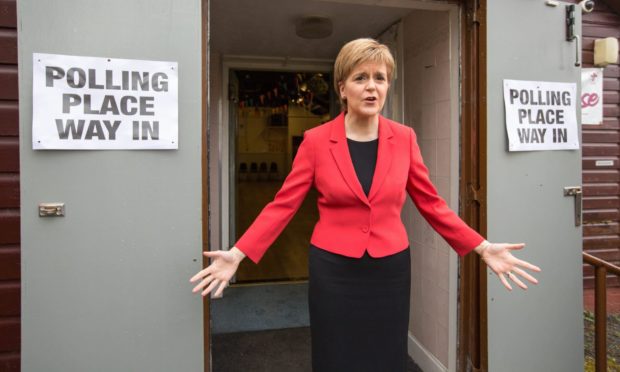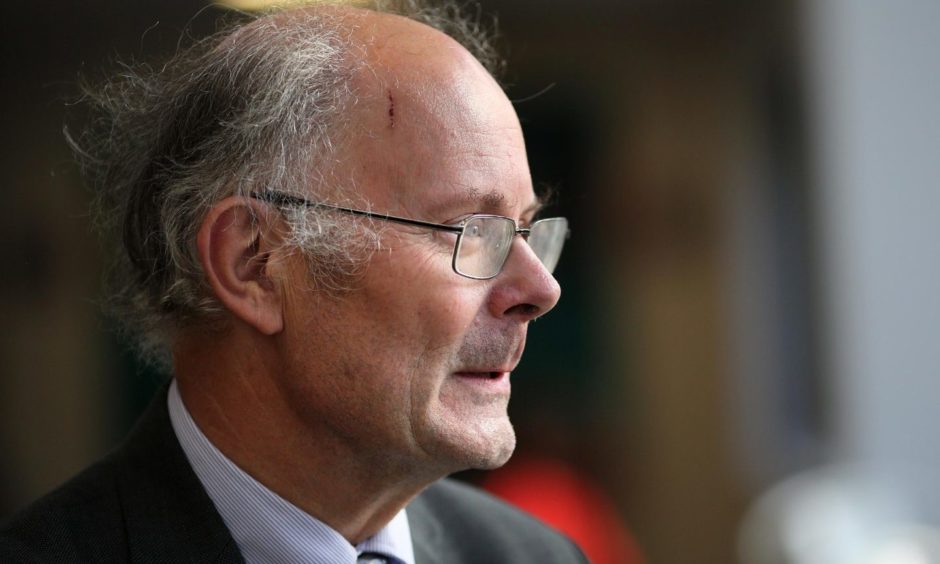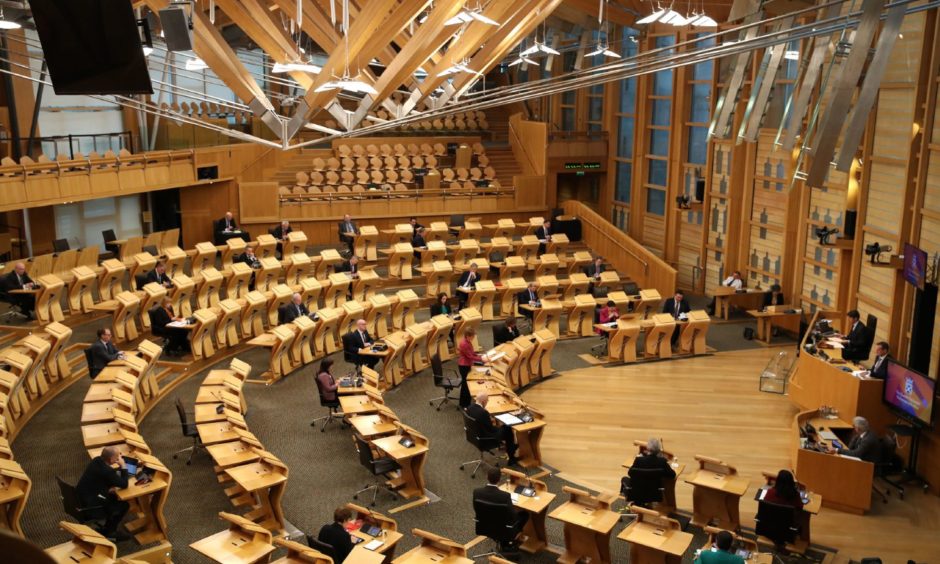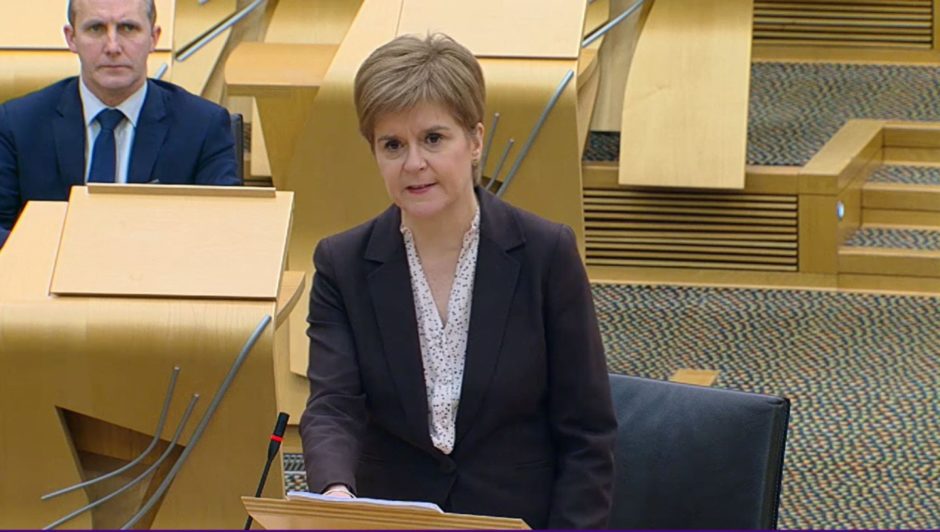Sir John Curtice predicts the upcoming Holyrood election would only be delayed if the decision was backed by authorities in England and Wales.
He believed a “coordinated” UK-wide agreement would be the “preference” if there was to be any move to postpone the Scottish Parliament poll, currently scheduled for May 6.
The Strathclyde University politics professor and polling expert was speaking as strict new restrictions came into force to try to stop the rapid spread of Covid-19.
Prominent figures have cast doubt over the date for the Scottish election in recent weeks, although First Minister Nicola Sturgeon said on Tuesday morning that she would still “hope and expect” it to go ahead as planned.
Professor Curtice believes a short delay is now more likely than before the new restrictions were agreed, but he said to “keep an eye on the view in London and Cardiff, as well as in Edinburgh”.
As well as the Holyrood vote, May 6 is also the date for rescheduled local and mayoral elections in England, and the next Welsh Senedd contest.
“I think, in the end, it will be a UK-wide decision because there are elections across the whole of Great Britain scheduled for the beginning of May, some of which have already been delayed for 12 months,” said Sir John.
“I suspect waiting until June, I think, might be something they would agree on but given that a lot of elections in England, including the London mayoralty and the other mayoralties, are already 12 months overdue, I suspect there will be a reluctance to any greater variation.
The odds of June, I suppose, may have improved but delaying beyond the summer, I think, would still be regarded as quite a substantial decision to have to take.”
“Now Scotland can make its own decision, sure, in practice, as can Wales, but I suspect there would be a preference to make a coordinated decision.
“The odds of June, I suppose, may have improved, but delaying beyond the summer, I think would still be regarded as quite a substantial decision to have to take.”
Sir John, who is a senior research fellow at the National Centre for Social Research, said there would be “all sorts of implications for broadcasters and the political parties” if there was a delay in one part of the UK but not the others.
He added: “It’s also true that if it is a decision that effectively would be made jointly by Conservative, Labour and SNP ministers, nobody can accuse anybody of trying to fiddle with the timetable for political advantage.”
Strike while the iron is hot
The SNP is currently riding high in the polls in Scotland, and the party is tipped for a resounding victory in the next Scottish election.
Prof Curtice believes the party would prefer to avoid a delay, although he said a postponement would not guarantee any uplift in support for its rivals.
“In so far as the SNP are currently ahead, it is not obviously in their interests to delay,” he said.
“That doesn’t mean to say they will do any worse if it were to be delayed, but clearly if you are well ahead it is obviously better to bag that position while it exists, rather than put it at risk of changing subsequently.
“There is nothing inevitable that says the SNP would do worse in June or in the autumn than they did in May but still I’m sure they would prefer to go in May.”
‘No reason’ for Holyrood election delay
Ms Sturgeon said it should be a cross-party consideration, when she was asked about a potential delay to the election on the BBC’s Good Morning Scotland radio programme on Tuesday.
The first minister said: “I see no reason at this stage why the election wouldn’t go ahead.
“I think everybody would agree that it is really important that our democratic processes continue and that elections happen. There have been elections in many other countries over the course of the pandemic.
“The one, I suppose, caveat I could put on that is that we are in an uncertain position, but also we’ve just passed in the Scottish Parliament contingency legislation, and this should not be something that is for government to decide
“This should be, more than anything, really, a cross-party consideration, and the presiding officer of the parliament has a role to play in these decisions as well.
“But I would certainly hope and expect that the election will take place.”
Ms Sturgeon added: “It will be an election with a difference – it may have more postal voting, there may be some contingency arrangements that have to be put in place – but, if at all possible, the actual election should proceed.”



